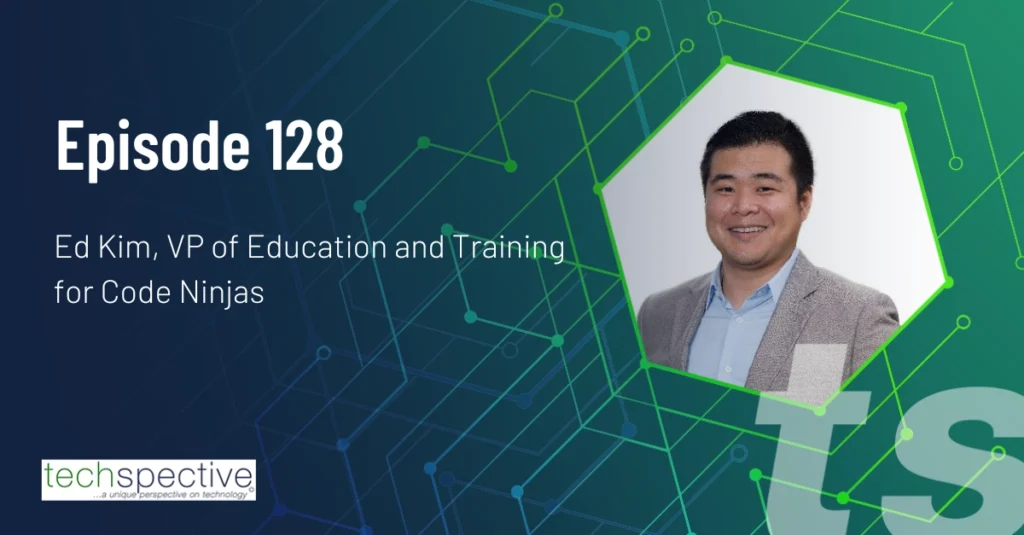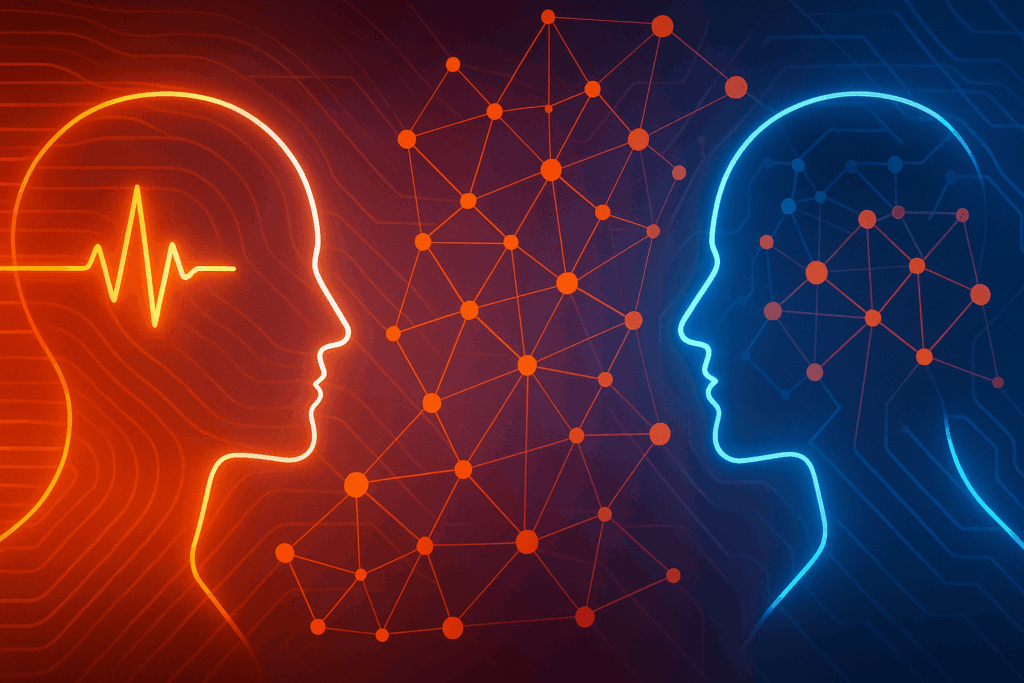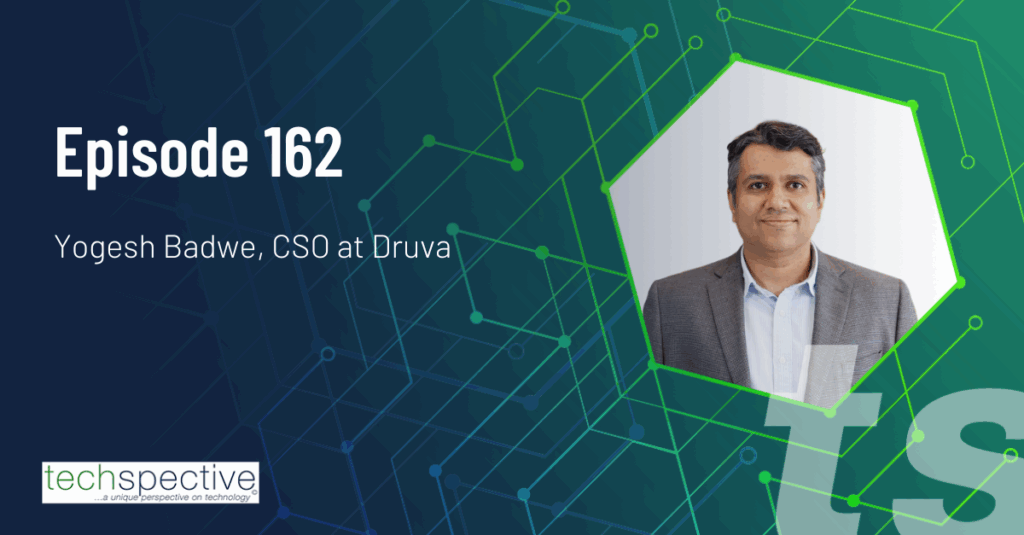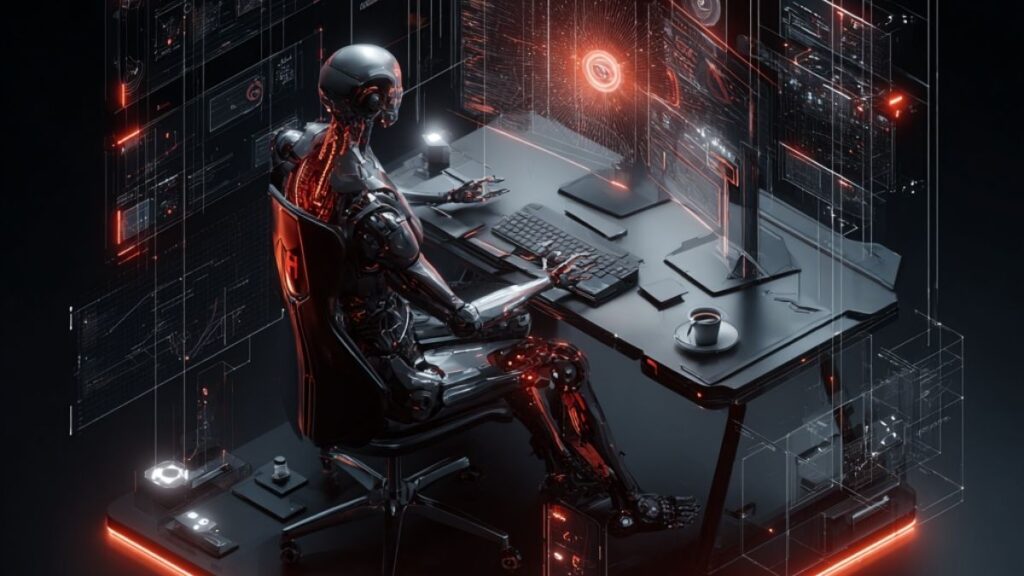Podcast: Play in new window | Download
Subscribe: Apple Podcasts | RSS
TechSpective Podcast Episode 128
Should you know how computer programs work? Is learning to code an imperative life skill? I suppose it is possible to get through life without a basic understanding of computer code, but given the reality of the world today and the fact that pretty much everything is running on code of some sort, it is a crucial skill, in my opinion.
I invited Ed Kim, VP of Education and Training at Code Ninjas, to join me on this episode of the podcast to talk about learning to code and why it’s important. With more than 15 years of experience in afterschool K-12 education programs, Ed Kim’s career has been largely dedicated to transforming learning experiences, driving growth through effective content and student engagement, and strengthening employee skills. At Code Ninjas, he drives key strategic decisions regarding the curriculum and employee training underlying every Ninja’s experience. The overarching goal of his team is to create the best Ninja experience possible, building a path forward for every young student in Code Ninjas to learn coding and classroom skills while having fun in a rewarding and safe environment and for parents to see their children learn critical skills for their future.
First, I want to emphasize and clarify that Code Ninjas is completely different than and separate from Cyber Ninjas. The names are similar enough that it might cause confusion, but you can keep them straight by remembering that Code Ninjas runs programs to introduce kids to basic computer coding principles, while Cyber Ninjas is the “MyPillow” of the cybersecurity industry that played a central role in attempts to subvert the will of voters and overturn the results of the 2020 election.
That said, let’s get back to the issue of learning to code as a basic life skill. I don’t believe everyone needs to be a programmer any more than I believe everyone needs to be a plumber, electrician, or automobile mechanic. However, just as it comes in handy to have a basic understanding of plumbing, electrical wiring, and automobiles in order to do simple troubleshooting and repairs, it is increasingly important to have a working understanding of program logic because virtually everything we use runs on code.
Check out the full episode for more on the importance of learning basic coding logic and principles. Ed and I also digress a bit to discuss the way some professions seem to use a proprietary and pretentious vocabulary to demonstrate their expertise and justify the rates they charge–like doctors calling a scratch a “laceration” or a bruise a “contusion.” I do need to issue a minor correction because in the podcast, I say that doctors call a bruise a “subdural hematoma,” but I later learned that it is a more specific injury that refers to a type of brain bleed.
The podcast itself is audio-only, but the video of our conversation is also available on YouTube if you prefer:
Please ask questions and share your thoughts on the topic in the comments below. Also, please subscribe to the TechSpective Podcast through your favorite podcast platform and share the podcast with your peers and friends.
If you enjoy the podcast, I would also be grateful if you could take 2 minutes to rate and review the podcast on iTunes or wherever you listen.
- Why We Need to Treat AI Agents More Like Human Employees - August 13, 2025
- Why Data Must Be the Heart of Cybersecurity - August 8, 2025
- Retail Under Fire: Why Hackers Love Shopping Season - August 4, 2025




Comments are closed.